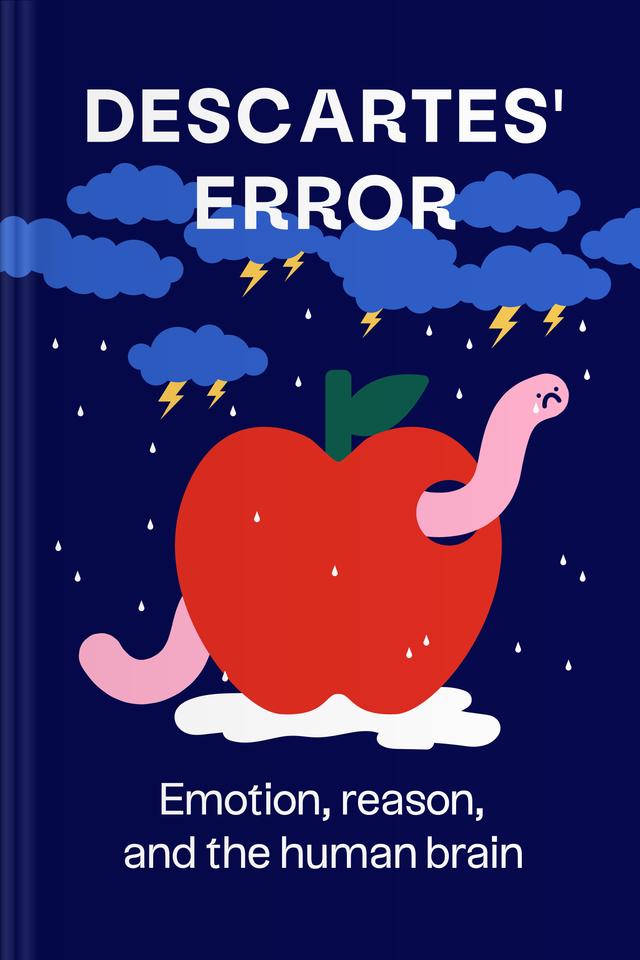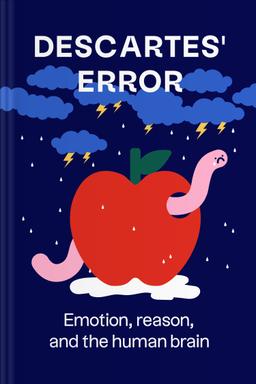You’ll learn
- Why your gut feeling is smarter than you think
- To spot the influence of your mind
- How brain damage reveals mind mysteries
- The secret union of emotion and reason
Protect the world’s peace. Donate to support Ukraine

first KEY POINT
French philosopher René Descartes proposed that the human mind was independent of the body and that it operated without any physical influence. This theory was carried on without any question as the “Cartesian Dualism”, terming the mind “immaterial” and the body “material”.
Research done by Antonio Damasio has although shown quite the opposite, that the mind is actually influenced greatly by the body, in fact. When humans experience great trauma to their frontal lobes, there is increased change in the person’s outward behavior.
If they were once cool, calm and collected, there is a switch to the extremes. The condition is known as the Gage syndrome named after the famous railroad foreman, Phineas Gage who survived a grueling accident where an iron rod shot through his left eye and out the base of his skull, damaging much of his frontal lobe in the process.
Before the accident, Phineas Gage was quite sociable, composed and witty. Although he didn’t lose his motor functions, he became a totally new man, being prone to mood swings and fits of anger which made it difficult to keep a job, taking him from a life of wealth to one of abject poverty at the age of 25.
second KEY POINT
Much of what we know of the brain is made possible thanks to neuroanatomy, the study of the structure and organization of the nervous system. We learn that the brain has independent, segregated and defined nervous systems. This means that we can understand the way a person behaves by studying their brain’s activity.

Continue reading with Headway app
Continue readingfirst KEY POINT
second KEY POINT
third KEY POINT
fourth KEY POINT
fifth KEY POINT